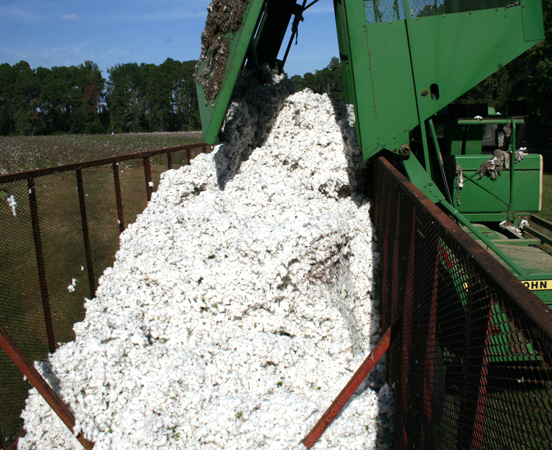Georgia is the only state in the country reporting high levels of flu-like activity, according to a report from the Centers for Disease Control and Prevention. And on Dec. 1, the state reported its first flu casualty.
Flu is spreading across the state quickly. The Georgia Department of Community Health recommends that people who feel ill should stay home from work and parents should keep sick kids home from school.
“We are recommending frequent hand washing, covering your cough with a tissue or coughing into the bend of your arm and that all residents get immunized,” said Ravae Graham, public health communication manager for the Georgia Department of Community Health.
Hand washing
Proper hand washing is key to preventing the spread of flu at school and at home, said Judy Harrison, a University of Georgia Cooperative Extension specialist with the College of Family and Consumer Sciences.
Cooperative Extension and the National Sanitation Foundation teach a six-step hand washing process:
Step 1: Wet hands with warm, running water.
Step 2: Apply soap. Soap from a pump dispenser is ideal.
Step 3: Rub hands together for at least 20 seconds, or as long as it takes to sing Happy Birthday twice. Friction helps to loosen germs from skin so they can be washed away.
Step 4: Clean between fingers and around fingernails. These are areas where germs like to hide.
Step 5: Rinse hands to send germs down the drain.
Step 6: Dry hands. Paper towels or hot air dryers are ideal.
Hands should be washed often to prevent the spread of germs. It is especially important to teach children to wash their hands after they cough, sneeze or blow their noses; after they go to the bathroom; before they touch food; after they come in from playing or being outside; after petting animals; and as soon as they get home from school.
Hand sanitizers significantly reduce germs, but they should not be viewed as a substitute for thorough hand washing.
Hand washing is important, but to avoid the flu Harrison recommends getting proper immunizations, too.
This year, the CDC encourages everyone 6 months old and older get vaccinated against the flu.
“Talk to your health provider about which form of the vaccine is best for you,” Graham said. “Not everyone can receive the vaccine. They are made from eggs, so if you are allergic to eggs you may not be able to receive the vaccine. And, not everyone is a candidate for flu mist either.”
Three strains
This year’s flu vaccine protects against H1N1 and two strains of the seasonal flu. The vaccine is available at doctors’ offices, local health departments and many pharmacies and grocery store pharmacies.
Other ways to slow the spread of flu are to avoid touching your eyes, nose and mouth so you don’t spread germs. When you cover your mouth and nose with a tissue to cough or sneeze, toss the tissue in the trash and wash your hands. Stay home if you are sick. Avoid contact with people for at least 24 hours after your fever has broken without the help of fever-reducing medicine, Harrison said.
Flu symptoms can include fever, cough, sore throat, runny or stuffy nose, body aches, headache, chills and fatigue.
Symptoms in children that need immediate care are:
Adults should seek immediate medical help if they have difficulty breathing, pain or pressure in the chest or abdomen, sudden dizziness, confusion, severe or persistent vomiting or flu symptoms that improve and then worsen.
Flu symptoms can last a week or longer. “Anti-viral drugs are available for treatment of flu symptoms, but people still need to take precautions to prevent the illness,” Harrison said.
For more information about the flu, visit the CDC website www.cdc.gov/flu. Posters, stickers, games and hand washing theme songs are available at www.scrubclub.org.






